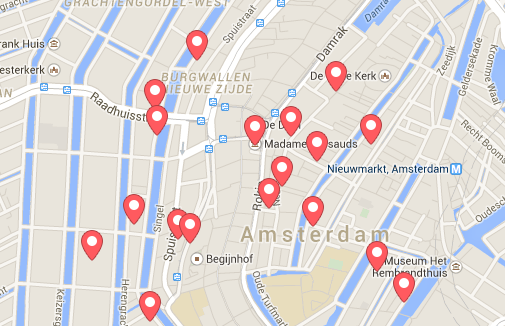Uber, Airbnb: Dutch to overhaul legislation to boost new business models
 The Dutch cabinet wants to ensure both consumers and companies benefit from the changes brought by digitalisation, the sharing economy and 3D printing and is planning to overhaul legislation to make this happen, economic affairs minister Henk Kamp told parliament in a briefing on Monday.
The Dutch cabinet wants to ensure both consumers and companies benefit from the changes brought by digitalisation, the sharing economy and 3D printing and is planning to overhaul legislation to make this happen, economic affairs minister Henk Kamp told parliament in a briefing on Monday.
For example, Kamp and housing minister Stef Block are to look at changing the regulation of how private individuals rent out their homes via platforms such as Airbnb and Wimdu, the briefing said.
Current rules governing private rentals will be modernised so that they ‘connect better’ with the activities of innovative firms, the ministers say.
Benefits
‘If we in the Netherlands want to profit first from the advantages of renewal, then we have to make space in our legislation,’ Kamp said. ‘That will ensure new companies and jobs come to the Netherlands rather than elsewhere.’
Over the next six months, ministers will launch a number of experiments to examine the impact of current laws on new technologies and business models, he said.
Taxi company Uber’s Uberpop service is currently illegal in the Netherlands but the transport minister has promised to remove some rules to make it easier for alternative services to be set up. Uber, meanwhile, continues to flout the ban.
The Dutch tax office is currently looking into tax evasion by Airbnb landlords. Airbnb currently lists some 20,000 Dutch homes. Amsterdam has set up its own rules to cope with the surge of amateur landlords.
Thank you for donating to DutchNews.nl.
We could not provide the Dutch News service, and keep it free of charge, without the generous support of our readers. Your donations allow us to report on issues you tell us matter, and provide you with a summary of the most important Dutch news each day.
Make a donation